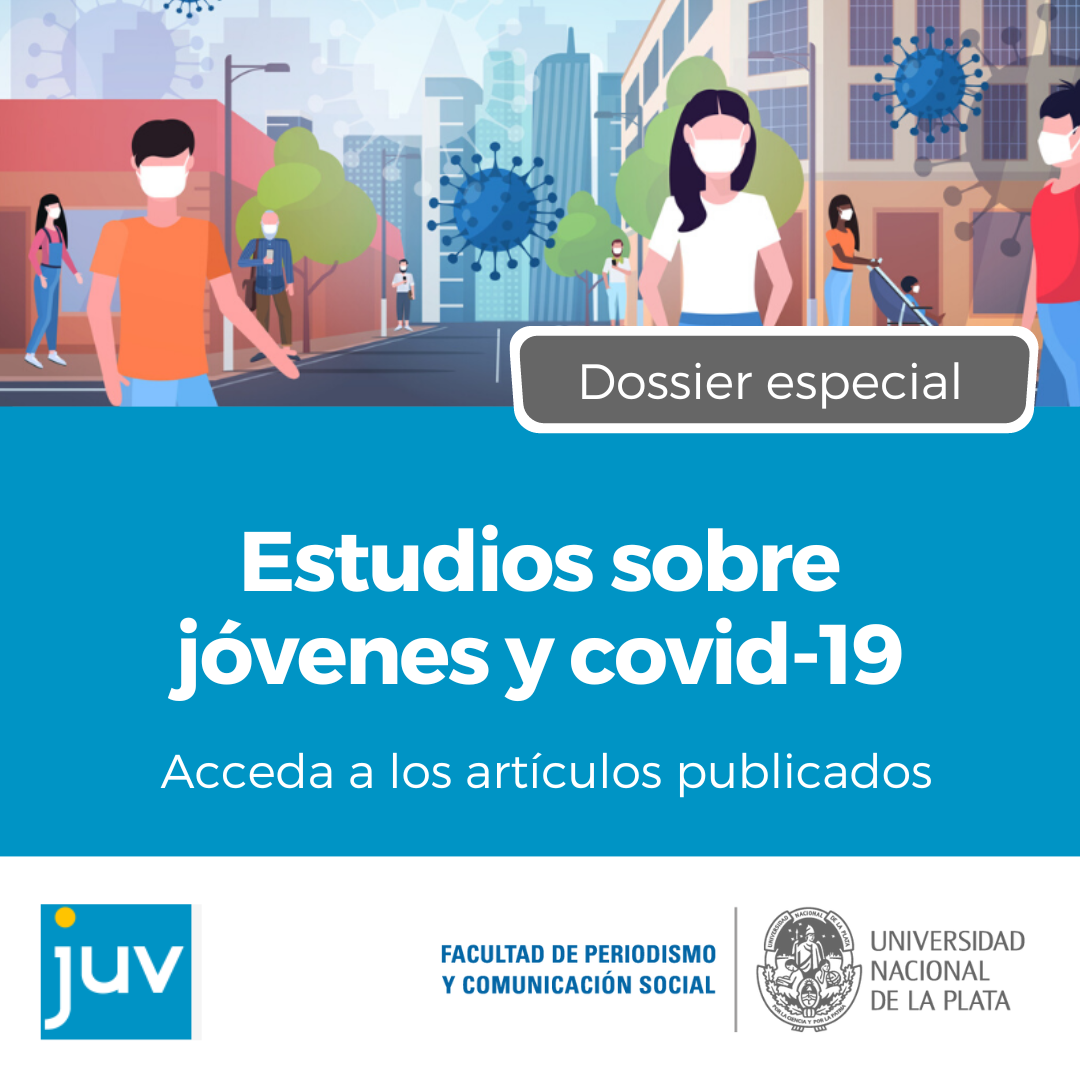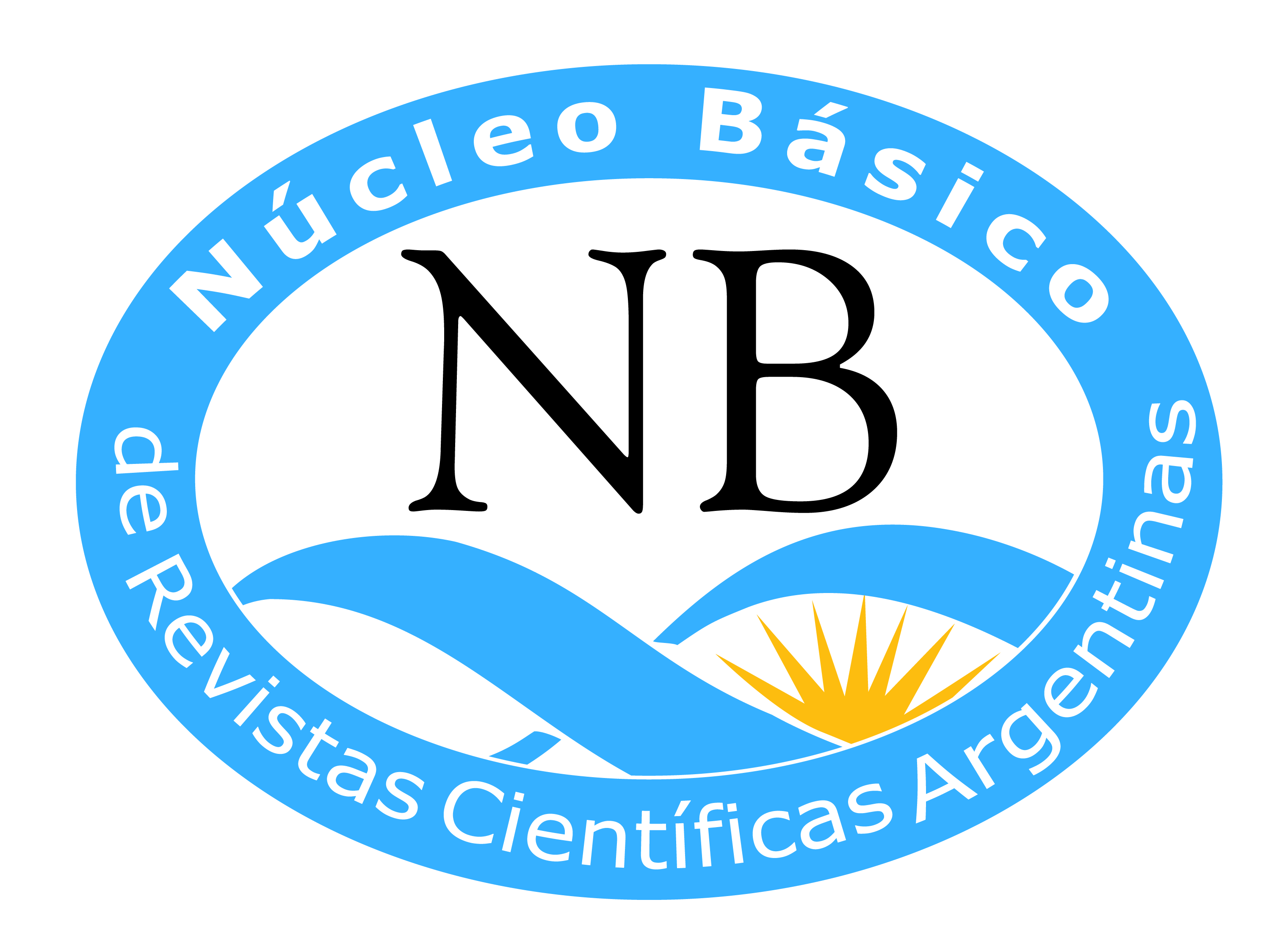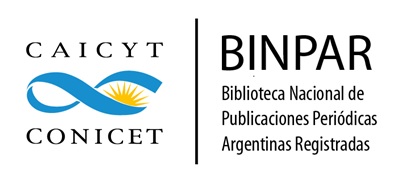«Native digital» far from the naturalization. Processes of beneficiaries’ socialization of policies of digital incorporation
DOI:
https://doi.org/10.24215/18524907e015Keywords:
digital natives, new technologies, socialization, Programa Conectar IgualdadAbstract
Based on an ethnography of the Programa Conectar Igualdad’s implementation as a public policy, this article presents an approach to the relational nature of young people’s agency on learning and to the role of intergenerational disputes in the process of socialization with the new digital technologies. This from a descentralized perspective of the notion of «Digital Natives» There are explored, this way, the expectations and tensions that are developed in the process of new technologies inclusion to everyday school life to understand the relations in which the young beneficiaries of this policy appropriate them.
Downloads
Metrics
Downloads
Published
How to Cite
Issue
Section
License
The acceptance of an original by the journal implies the non-exclusive transfer of the patrimonial rights of the authors in favor of the publisher, who allows the reuse, after its edition (postprint), under a Creative Commons License Attribution-NonCommercial-ShareAlike 4.0 International.
According to these terms, the material can be shared (copy and redistribute in any medium or format) and adapted (remix, transform and create another work from the material), provided that a) the authorship and the original source of their publication (magazine and URL of the work) are cited, b) is not used for commercial purposes and c) the same terms of the license are maintained.
The assignment of non-exclusive rights implies that after postprint in Revista Argentina de Estudios de Juventud authors may publish their work in any language, media and format; in that case, it is requested that they signal that the material was originally published by this journal.
Assignment also entails the authors’ authorization for the work to be collected by SEDICI, the institutional repository of the Universidad Nacional de La Plata, and for it to be indexed in the databases that the publisher thinks appropriate for enhancing the visibility of the published work and its authors.
In addition, the journal encourages authors to submit their works to other institutional and thematic repositories after their publication in Revista Argentina de Estudios de Juventud, under the assumption that offering society unrestricted access to scientific and academic production contributes to a greater exchange in global knowledge.













.png)

























